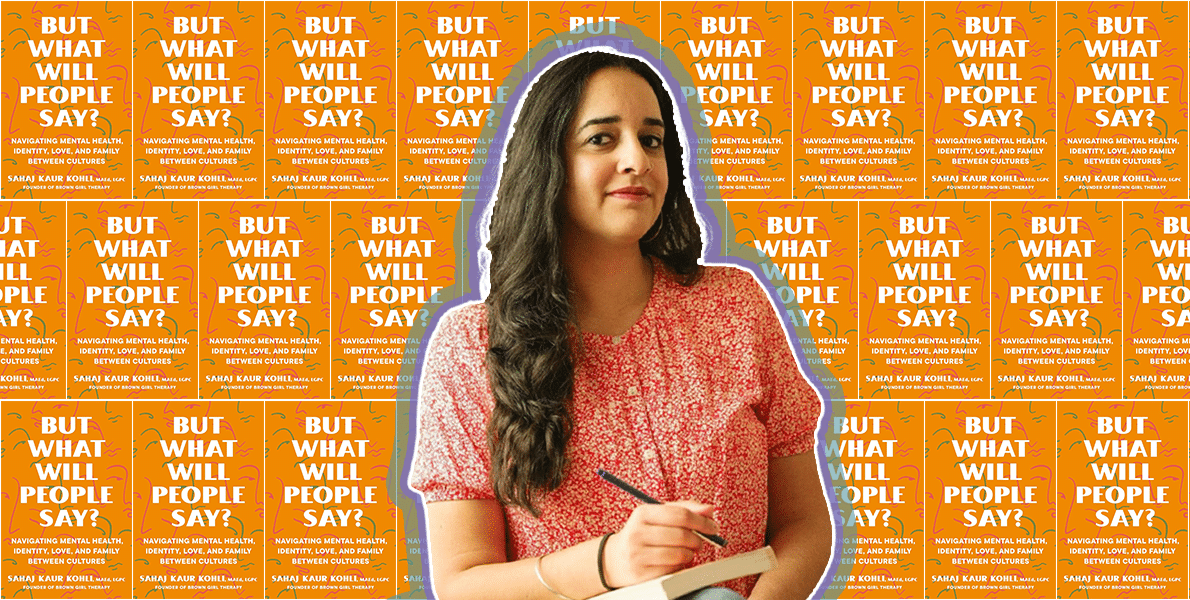It’s no secret that our immigrant communities deal with mental health issues. Immigration itself is traumatic and can cause or exacerbate problems. A number of factors can make it harder for Latinx and other immigrant communities to get access to health care: language barriers, financial burden, and cultural stigma. Plus, according to the American Psychological Association, some immigrants don’t trust mental healthcare providers.
We can’t blame our elders or even ourselves for being wary of mental health providers, insurance companies that often deny us services, or other systems that might dictate whether or not we can work with counselors who suit our needs.
It doesn’t help that there’s a shortage of mental healthcare providers of color who can better connect with our experiences. Depending on your community or family, you may have been taught that religion can solve the problem and might feel guilty if you decide not to practice your family’s beliefs. Thankfully, therapists of color are going against the odds, sharing their stories, and providing us with resources that can help.
This includes books such as Sahaj Kaur Kohli’s But What Will People Say? The practical advice from Kohli’s bicultural perspective offers great tips to unpack how our family’s immigration experiences affect our mental health. The book isn’t a substitute for getting therapy from a licensed professional, but it tackles the concerns of immigrants, bicultural people, and those who want to support them.
Kohli’s book includes findings from her research, stories about her family, and anecdotes about her own personal and academic struggles. One thing that resonated with me was how she discussed the challenges of balancing the collective values of her culture along with individualism in the U.S. – a common issue among immigrant communities across race, class, and nationality, including Latinx folks.
But What Will People Say? doesn’t include answers to these issues. After all, everyone’s family and personal struggles are unique so we need individualized strategies. There aren’t always safe spaces where were can talk about the challenges of being bicultural or its effects on our mental health. That’s why books like this can help us feel less alone while offering common-sense advice from a culturally relevant perspective.
If you’ve never had the chance to seek therapy in an individual or group setting, But What Will People Say? can be a great way to think about how to better care for your mental health. Each chapter has questions you can ask yourself, think about, or work on with family members. Kohli also manages the Brown Girl Therapy community, which also provides nuggets of information that can help you work through issues common in immigrants.
Finally, the book talks about a therapist’s role, some of which is meant to help patients challenge their belief systems and narratives. This discussion helps us take accountability for ourselves, get a sense of control, and develop criteria to manage a relationship with a therapist if and when we’re ready to take this step.
But What Will People Say? will resonate with anyone who wants a culturally sensitive approach to mental health care. Licensed healthcare professionals with expertise in serving marginalized communities are still few and far between, but books like this can help us continue to bridge gaps in care and feel less alone.

But What Will People Say? is available in stores across the country and online.

